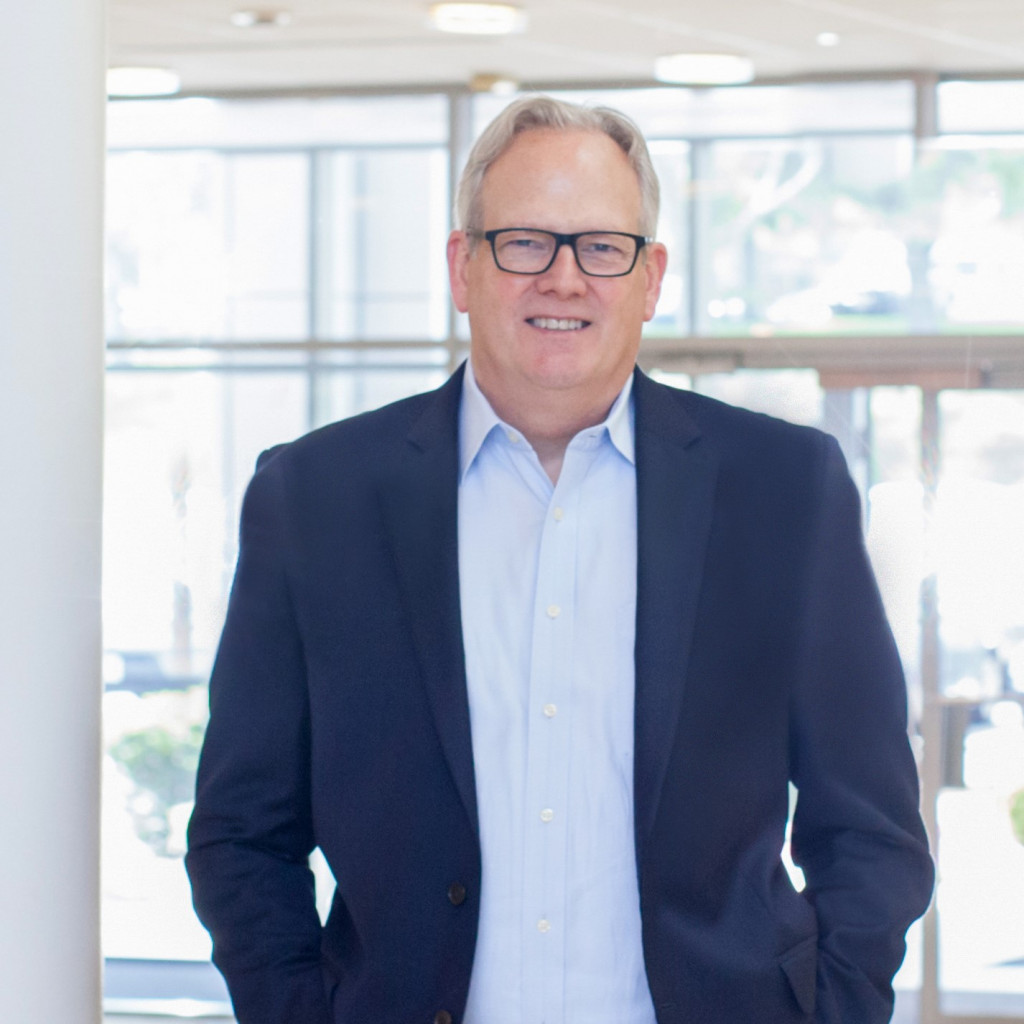Industry News
National Funding is the Title Sponsor of deBanked CONNECT – San Diego
June 14, 2018National Funding has signed on as the title sponsor of deBanked CONNECT San Diego. The half-day event for funders, lenders, brokers and industry professionals is being held at the Andaz on October 4th!
Check out photos from deBanked’s past CONNECT event in Miami
New York Institute of Credit Celebrates 100 Years and Honors Harvey Gross
June 12, 2018 About 300 people gathered underneath the soaring ceilings of Guastavino’s ballroom in Manhattan last night to celebrate the 100th anniversary of the New York Institute of Credit (NYIC). Most attendees were members of the association, which provides networking opportunities and education to a myriad of constituents, including factors, financial advisors, lawyers, investors and accountants.
About 300 people gathered underneath the soaring ceilings of Guastavino’s ballroom in Manhattan last night to celebrate the 100th anniversary of the New York Institute of Credit (NYIC). Most attendees were members of the association, which provides networking opportunities and education to a myriad of constituents, including factors, financial advisors, lawyers, investors and accountants.
“[NYIC] is one of the few meeting places that brings judges, investors and professionals together,” said Jack Butler, CEO of Birch Lake, a boutique merchant bank based in Chicago.
In addition to Butler, other members, like Maxwell Cohen, traveled to attend to event. Cohen works in Fort Lauderdale, FL as Managing Partner for Corporate Strategy & Financial Consulting LLC and specializes in underwriting and brokering business loans.
“[NYIC] is great because it connects people in similar sandboxes…and sometimes we can build off each other’s strengths, ” Cohen said. “Everyone here is verified [and] if you’re here, we know you have capabilities to deliver.”
 A central part the NYIC centennial celebration was the honoring of the organization’s Executive Director, Harvey Gross, who has worked for organization for 54 years.
A central part the NYIC centennial celebration was the honoring of the organization’s Executive Director, Harvey Gross, who has worked for organization for 54 years.
A montage video of congratulations to Gross included praises from New York judges and others, including:
“He has a way of putting people together that produces spectacular results.”
“He’s been a mentor to so many.”
“Harvey has communicated best practices.”
“Some organizations looks inward. NYIC looks outward, because of Harvey’s leadership.”
“To talk about 54 years in five minutes is not easy, but I will try,” Gross said to the audience upon receiving the award. He explained that when he was 12 years old, his brother suggested that he get into the factoring business. He later told deBanked that he spent the next five or so years learning the business and left school by the time he was 18 to start a career in factoring. When he started working for the NYIC, the organization primarily served the factoring business, and has since expanded.
“I think tonight showed that the NYIC went through a lot of transitions over the last 100 years,” Gross told deBanked. “And we’re excited about new transitions in the next 100 years. And that includes MCA and fintech.”
BlueVine Raises $60 Million in Major Equity Deal
June 7, 2018
BlueVine announced this week that it closed $60 million in equity funding, the company’s largest funding round to date. The series E round was led by Menlo Ventures and includes new investors, including SVB Capital. All major existing investors also participated.
This new financing will be used to expand the company’s current invoice factoring and business line of credit products, and to develop new products.
“Our vision is to let our customers guide us,” BlueVine Chief Revenue Officer Eric Sager told deBanked, with regard to what products might come next.
BlueVine also plans to use the funding to accelerate R&D hiring. BlueVine’s total funded volume since inception is expected to top $1 billion this year, according to the company’s press release.
“In just four years, BlueVine has scaled two major financing products,” said BlueVine CEO and founder Eyal Lifshitz.
Founded in 2013, the company started with a factoring product and later introduced a line of credit product. BlueVine provides business lines of credit up to $250,000 and invoice factoring lines up to $5 million. These maximum credit lines have been steadily increasing, with the factoring line of credit twice as large as it was at the beginning of the year, according to a deBanked story from February. And its business line of credit was $150,000 at the start of the year.

The company generates its revenue about 50-50 from its factoring and line of credit products, and about 50 percent of its factoring clients also use its line of credit product, Sager said.
This new $60 million investment follows a credit facility of $200 million with Credit Suisse last month.
“BlueVine has continued to impress us since we first invested in 2015,” said Tyler Sosin, a partner at Menlo Ventures, in a written statement. “The company has demonstrated dramatic, sustainable growth and has proven that there is enduring value in developing a comprehensive offering of credit products that small and medium sized businesses can use throughout their lifetimes.”
Headquartered in Redwood City, CA, BlueVine also has offices in New Orleans, Jersey City and Tel Aviv, and employs approximately 200 people.
SuperMoney Launches No-fee Financing Platform
June 7, 2018At the Finovate Spring 2018 conference, CEO Miron Lulic and CFO Jesse Stockwell presented the company’s new SuperMoney No-fee Financing platform, which allows merchants to obtain point of sale financing from online lenders and banks.
“The options for small business point of sale financing are embarrassingly archaic and painfully expensive,” Stockwell said during their presentation. “In the current market, consumers lose, merchants lose and most lenders don’t even get a chance to play.”
The new platform allows a small business merchant, like a furniture store, to create a free profile that is co-branded with SuperMoney. With the profile, the merchant can easily see when a customer has applied for financing and follow up.
In addition to a sales boost for small businesses that can now offer financing to customers for free, Stockwell said that customers also win by being able to compare financing options. And he said that it’s a boon for lenders as well, as a high quality loan source.
According to a Forrester Consulting study on SuperMoney’s website, businesses that offer point of sale financing enjoy an average increase in sales of 17 percent and an average increase in order value of 15 percent.
The No-fee Financing platform is an expansion of SuperMoney’s core business as a financial services comparison platform. The platform will at first provide point of sale financing to three industries: home improvement, medical and trade schooling.
In May, Stockwell said that the company, which was founded in 2013, had signed up 250 merchants in a closed beta program.
“Now we’re ready to blow the cover off this thing and sign up 10,000 more [merchants] in the next year alone,” Stockwell said.
$400M A Year: Fora Financial / US Business Funding Deal to Make Fora an Originations Leader
June 5, 2018 Fora Financial’s newly acquired stake (a significant one) in US Business Funding will put them on track to originate $400 million a year, the company said. Those numbers will place them on the list with industry titans like BFS Capital, Strategic Funding and National Funding.
Fora Financial’s newly acquired stake (a significant one) in US Business Funding will put them on track to originate $400 million a year, the company said. Those numbers will place them on the list with industry titans like BFS Capital, Strategic Funding and National Funding.
The co-founders of Fora were previously featured on deBanked’s Jan/Feb 2016 magazine issue.
US Business Funding (USBF), who is based in Santa Ana, CA facilitates different financing products for small businesses including vendor programs, capital equipment loans, and leasing solutions.
“This is an exciting time for all of us at US Business Funding,” said USBF CEO Peter Ribeiro in a published statement. “We have rapidly built one of the top sales organizations in the industry, and now we have the opportunity to leverage the expertise and resources of Fora Financial to fuel our growth even further. Jared and Dan have established Fora Financial as one of the top lenders in the space, and we are motivated to build on our terrific relationship with them to create even more opportunities for our companies to succeed.”
Study Reveals Positivity and Concerns of Small Business Owners
June 5, 2018According to a survey conducted by SmartBiz Loans and released today, almost 57 percent of small business owners said their outlook on business growth over the next 12 months was “fairly positive” or “positive.” And 35 percent of respondents reported that the new tax plan has already caused them to make changes in their business, with ten percent reporting that they are actively investing in new equipment or staffing.
“This positivity points to the resiliency of small business owners,” said CEO of SmartBiz Evan Singer. “They know circumstances are changing, and they’re adapting as needed.”
As for concerns, according to the survey, 31 percent of respondents said that securing lower cost financing was a priority concern. Twenty-two percent of small business owners “agree” or “strongly agree” that access to credit has become easier in the last few years, however 49 percent of small business owners “agree” or “strongly agree” that the cost of credit has increased.
Regarding non-credit related concerns, 53 percent of small business owners named the cost of providing health insurance for employees and a key business consideration. And 49 percent said that finding and hiring quality employees was a top concern.
Nine out of 10 small business owners said they value experience over education in new hires, while 31 percent said they were willing to hire candidates who lack some qualifications and train them. In what the report described as a “difficult hiring environment,” in order to retain employees, 51 percent of owners said they were offering more flexible work arrangements and 33 percent said they were increasing wages.
LeaseQ Partners with SEFA
June 5, 2018 LeaseQ, an online marketplace for equipment financing, announced a partnership yesterday with SEFA, a non-profit association of leading supply and equipment dealers in the food industry.
LeaseQ, an online marketplace for equipment financing, announced a partnership yesterday with SEFA, a non-profit association of leading supply and equipment dealers in the food industry.
“SEFA is a group of 62 companies that work together like a big family to add value wherever they can,” said Vernon Tirey, founder and CEO of LeaseQ. “Unlike many buying groups, value-add is very important to them [and] that’s why we’re so excited to be part of the team.”
Tirey expressed enthusiasm about working with SEFA to develop financing solutions to meet the individual needs of each of SEFA’s members. LeaseQ has three kinds of clients: businesses seeking equipment financing, equipment dealers (like members of SEFA), and funding companies. LeaseQ earns money by charging a processing fee to funding companies for financing deals, Tirey told deBanked. But the funding company rolls LeaseQ’s fee into its fee to the borrower, so the fee is ultimately paid by the borrower. Typically, for a five-year lease, LeaseQ’s fee is under two percent.
Aside from the benefit of LeaseQ getting new business from SEFA members, SEFA members will benefit by receiving certain perks from LeaseQ . For instance, Tirey said that LeaseQ has introduced a kiosk program for SEFA members where, among other offerings, SEFA members will be able to receive instant funding for transactions under $15,000.
LeaseQ facilitates equipment finance in over 20 different vertical markets, including agriculture, construction, oil and gas, medical devices.
Founded in 2012, the company is based in Burlington, MA, and employs 27 people.
$15 Million Facility Allows for Growth of Breakout Capital Factoring Program
June 1, 2018
Breakout Capital announced that it obtained a $15 million facility on Wednesday, with a fund managed by Medalist Partners. While the facility is not earmarked for any single product, Chief Marketing and Sales Officer James Mendelsohn told deBanked that the facility will certainly help fund the company’s relatively new and popular FactorAdvantage product.
“With the [FactorAdvantage] program, we work in concert with the factor and the small business to maximize the small business’s access to capital,” Mendelsohn said. “We work with factors to enable a factoring relationship with a small business.”
Introduced in January of this year, Mendelsohn said that the FactorAdvantage program generally works in one of two ways, depending on the client. If the client is new to a factoring company and the client has a tax lien or something that prevents the factor from working with that client, FactorAdvantage will come in and help finance a consolidation or whatever it is to prepare the client to work with the factor.
The other common use of the FactorAdvantage product is for existing clients of the factoring company that want access to more capital. Factors will sometimes provide additional capital in what is called an overadvance. But when the factor is not able to, or not able to provide enough capital, FactorAdvantage will provide that additional capital.
“The access to more capital [will allow] us to grow,” Mendelsohn said. “We’ve had February, March, April and now May – each month, we’ve broken our own record for origination volume. We want to break that record every month going forward, so this [facility] will help us have plenty of dry powder.”
Mendelsohn also said that a boon of the FactorAdvantage program is that “the tickets are much bigger.” The maximum financing on Breakout Capital’s other products is $250,000, while the maximum for the FactorAdvantage product is $500,000. Breakout Capital was founded in May of 2015 and also provides Business loans, SBA loans, Lines of credit, Equipment leasing and Merchant cash advance, among other financing products. The bulk of the company’s volume comes from their distribution partners, including brokers, ISOs, and more recently, factoring companies.
Based in McLean, VA, Breakout Capital employs almost 50 people.






























